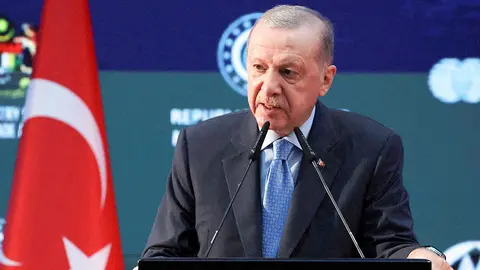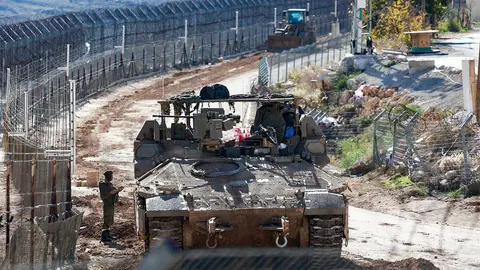Syria and Iraq on alert over ISIS terrorist group
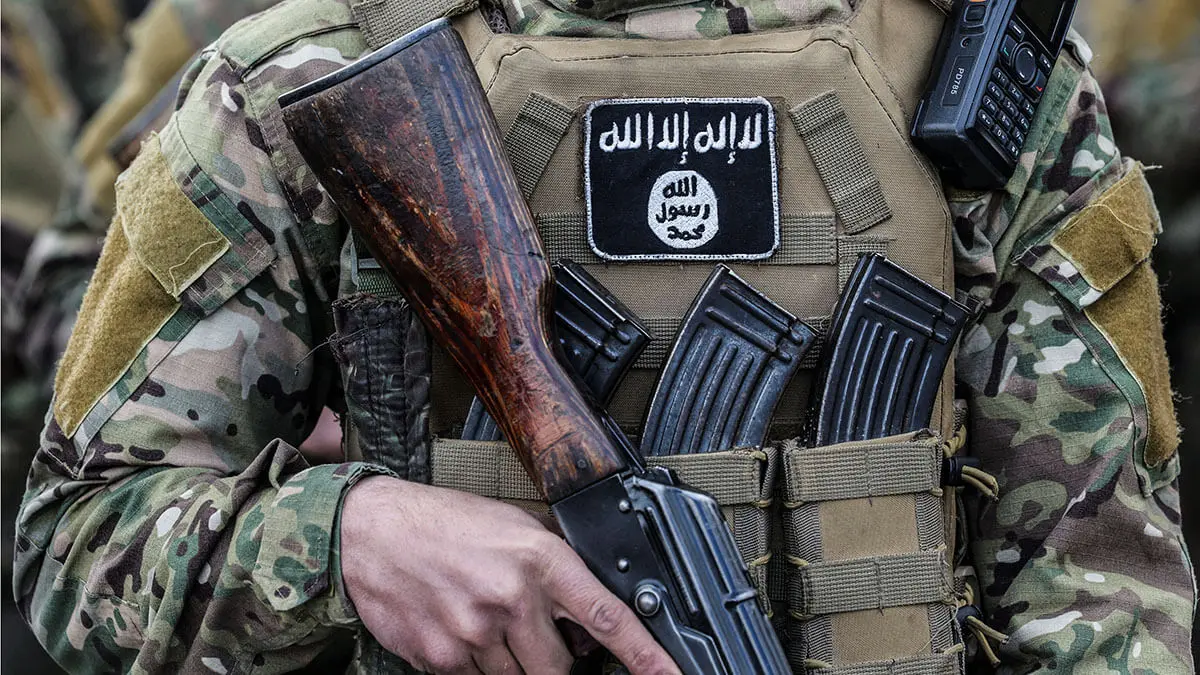
In the wake of political chaos and insecurity following the fall of Bashar Al-Assad's regime, according to Reuters, political and security sources in Syria and Iraq, as well as US officials, have confirmed that it is highly likely that Islamic State (ISIS) is preparing to step up its activity in less protected areas.
According to the sources, Daesh is identifying targets, distributing weapons and strengthening its army with propaganda. Some European officials have even expressed concern about groups travelling from Europe to Syria for the first time in years, allegedly to join extremist organisations.
The strategy of the terrorist group, also known as Daesh, is based on taking advantage of the current political chaos in Syria with Ahmed Al-Sharaa, who seeks to become the country's new leader. The opposition brands him a traitor for his willingness to engage in diplomatic overtures with the West, accusing him of being ‘submissive’ to the United States and his talks with Israel.
Tensions also rose when Washington announced that it would withdraw some of its military troops by mid-2025 because of fears that ISIS prisoners currently held by the US-backed Syrian Democratic Forces would be released.
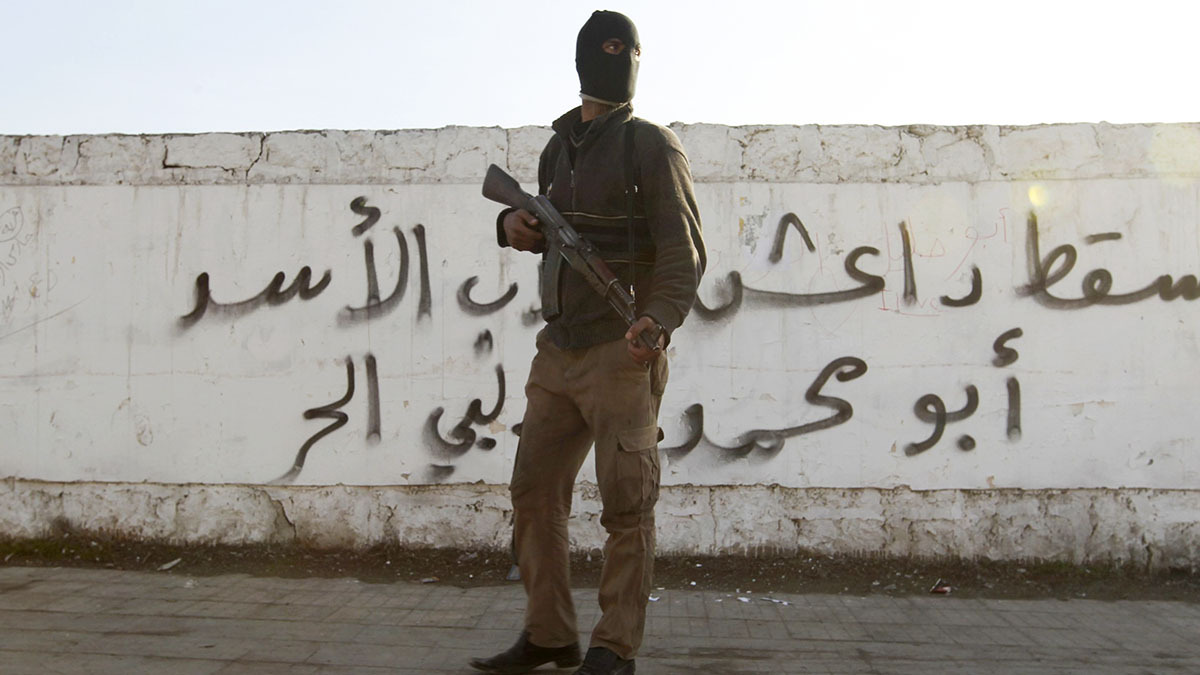
Although there have been few attacks so far compared to last year, the SITE Intelligence Group, which monitors terrorist and extremist organisations, has indicated that a phase of low-intensity violence that would be difficult to track could begin in the near future.
According to the UN and the US Army, there are between 1,500 and 3,000 active ISIS fighters, with its most dangerous branches currently located in Africa.
In Iraq, security forces have detected increased activity in mountainous areas that were once militant hideouts. They suspect that ISIS has collected weapons abandoned by the former regime during the Syrian civil war and do not rule out the possibility that they will enter the country illegally.
Colonel Abdul Amir Al-Bayati of the Iraqi Army's 8th Division told Reuters that their suspicions were confirmed after one of the foiled attack attempts. Security forces had tracked down an ISIS militant who was planning to attack a restaurant in Daquq with an explosive belt.
They discovered days before the incident, after interrogating two other members of the group, that they had been sent by leaders entrenched near Raqqa, while another group acted as opposition in Damascus, Syria.
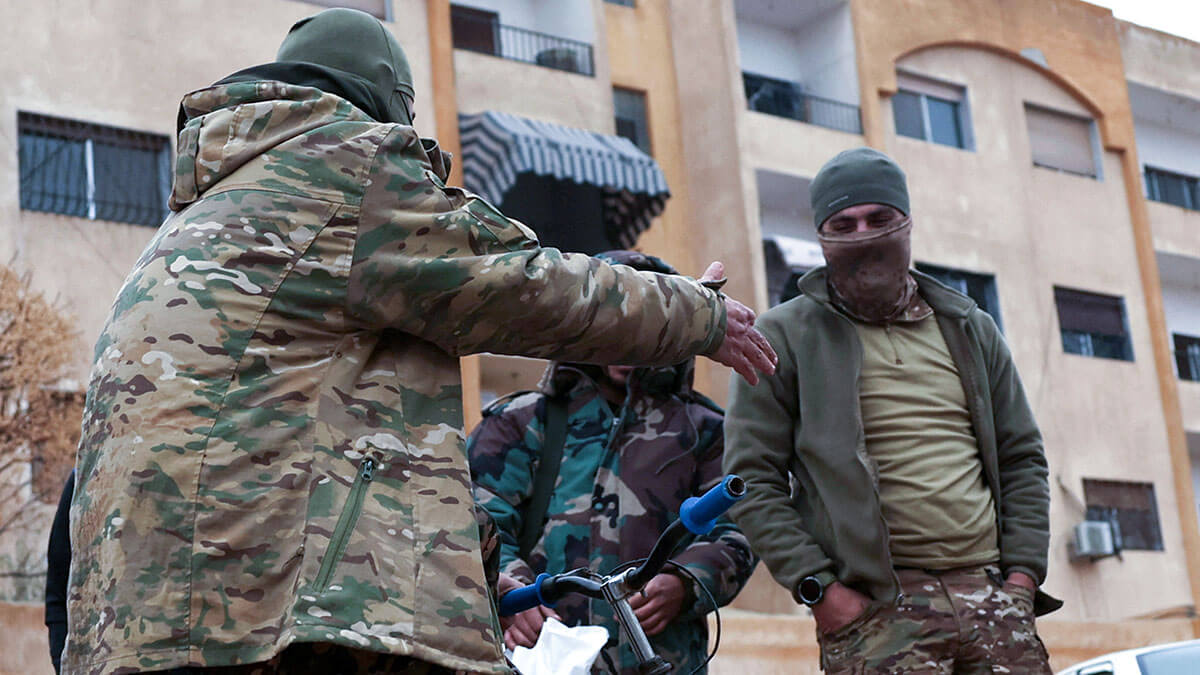
All officials told Reuters that what happened between 2014 and 2017, when Daesh violently controlled regions of Syria and Iraq, will not be repeated. This is because their forces in both territories have been considerably weakened since they were expelled in 2019.
However, they pointed out that Daesh is a very resilient organisation and that underestimating it is a huge mistake. Sabah Al-Nuhman, an Iraqi military spokesman, said that preventive operations are what are keeping Daesh under control.
US President Donald Trump and Turkish President Tayyip Erdogan spoke with leader Al-Sharaa to entrust him with the task of controlling ISIS. But regional analysts have expressed doubts about this due to the current Syrian military power.
Charles Lister, leader of the Syrian programme at the Middle East Institute, expressed his concern: 'The interim government is at the limit of its capabilities. They do not have sufficient human resources to consolidate control over the entire country.'
The experts' misgivings are heightened by the current situation in Syria: attacks by supporters of Bashar Al-Assad and Israel, clashes with Turkish-backed Kurdish groups and sectarian violence.

